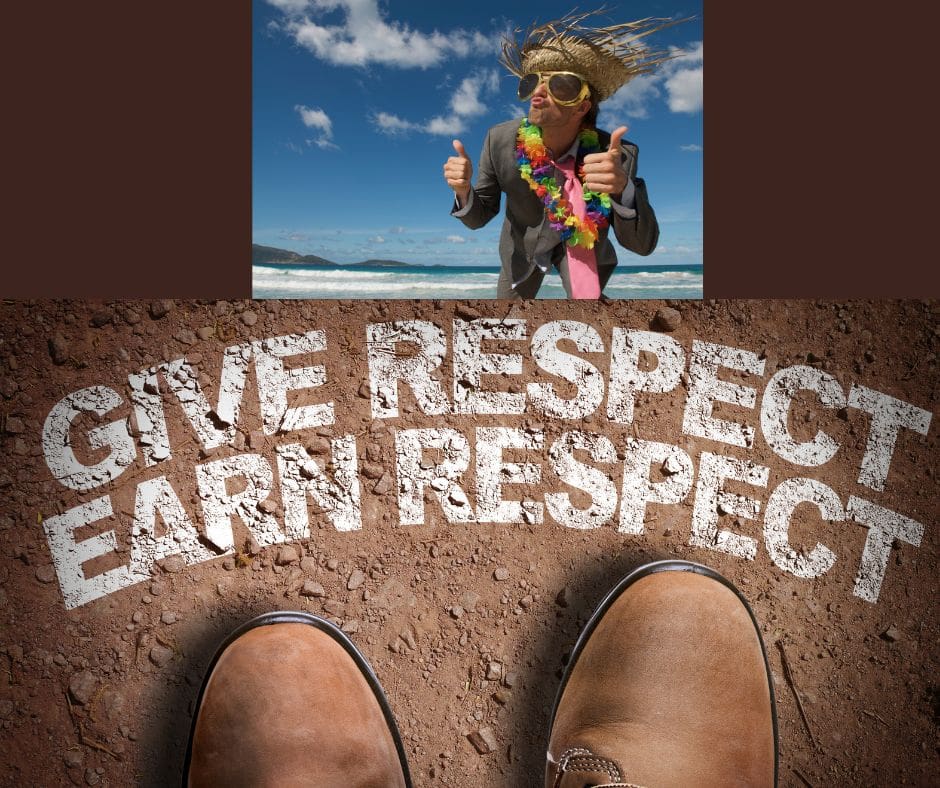Avoiding the “Ugly American” Stereotype: Key Etiquette for Respectful Travel in Costa Rica
Traveling abroad offers a unique opportunity to experience diverse cultures, environments, and ways of life. However, the shadow of the “Ugly American” stereotype—a term coined to describe American tourists who are culturally insensitive abroad—looms large. In Costa Rica, a country that prides itself on its rich biodiversity and warm, welcoming culture, it is crucial for travelers, particularly those from the United States, to exhibit respect and mindfulness. Here’s how you can ensure your actions reflect well on you and honor the local customs.
1. Environmental Stewardship
Costa Rica’s commitment to conservation is globally recognized, with over a quarter of its land protected as national parks or wildlife reserves. As a visitor, aligning with this value is essential. This means engaging with the environment responsibly—participating in ecotourism activities that have a low impact on ecosystems, supporting local conservation efforts, and adopting practices that minimize your ecological footprint. Avoid activities that could be detrimental to wildlife, such as feeding animals or participating in unauthorized tours that disrupt their natural habitats.
2. Cultural Sensitivity and Avoiding Comparisons
One critical aspect of avoiding the “Ugly American” stereotype is to steer clear of direct comparisons that can come off as arrogant or thoughtless. Understand that practices and pace of life different from those in the U.S. are not inferior but simply different. Embrace these differences with enthusiasm. For instance, the relaxed pace at which services are rendered is part of the charm and laid-back nature of the local lifestyle, not a lack of efficiency.
3. Respectful Interactions
In Costa Rica, courtesy is highly valued. Simple gestures like greeting people with a smile, using polite phrases such as “por favor” (please) and “gracias” (thank you), and showing patience are significant. Avoid loud and boisterous behavior, especially in tranquil settings like beaches or forests, which can disrupt the peaceful ambiance and show a lack of respect for both the environment and other people’s experiences.
4. Economic Interactions and Bargaining
While negotiating prices in markets is acceptable, it is vital to do so respectfully and without entitlement. Recognize that the economic standards are different here, and what might be a small amount to you can be significant for local vendors. Engaging in fair and friendly haggling shows respect for the vendor’s livelihood and appreciation for their craftsmanship.
5. Responsible Tipping
Tipping, although not mandatory, is a respectful way to show appreciation for good service. This is particularly poignant in Costa Rica, where many service workers rely on tips to supplement their incomes. Leaving a tip reflects an understanding and respect for the local living conditions and economic challenges.
6. Respectful Photography
Always ask permission before taking photos of locals, especially in indigenous or rural communities. This respect is not only about privacy but also about recognizing individuals’ autonomy over their image and how it’s used. Avoid using people’s images as mere travel trophies; understand the deeper narrative of their culture and community.
7. Engaging in the Local Language and Community
Efforts to speak Spanish, even basic, go a long way in breaking down cultural barriers and showing respect for the local culture. Additionally, actively participating in community events and supporting local businesses can help you understand the cultural fabric of Costa Rica better and enrich your experience.
The responsibility of traveling respectfully in Costa Rica—or anywhere—cannot be overstated. By consciously avoiding the pitfalls of the “Ugly American” stereotype and embracing the local customs and lifestyle, you not only enrich your own travel experience but also contribute positively to the perception and treatment of foreigners in the places you visit.







